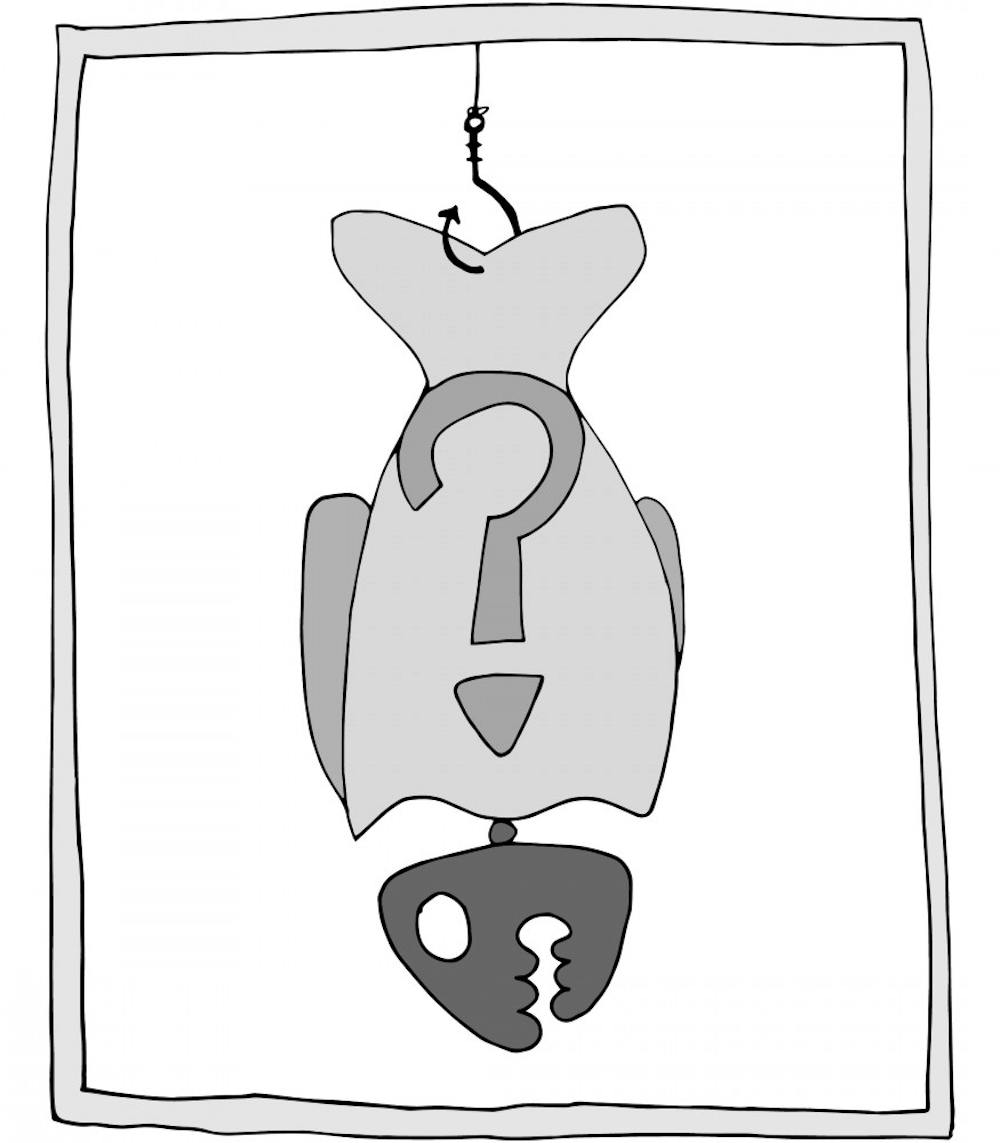If you go to a restaurant and order chicken, and your waiter serves you sparrow, you’d know.
If you order Alaskan salmon, chances are you wouldn’t be able to tell if you were being duped with a lesser-value fish.
We’re not fish experts. All types of fish simply smell and taste “fishy.”
The non-profit organization geared towards ocean conservation, Oceana, recently published a report on labeling fish that stated, “Nearly one in every five samples tested worldwide, on average, was found to be mislabeled.”
Essentially, if you’re a seafood lover, chances are what you see on your plate isn’t what you think it is.
Oceana’s targeted policy claim is overflowing with evidence. According to Quartz, Oceana examined more than 200 peer-reviewed journals.
From the literature, they ended up analyzing 25,700 global samples of fish.
Turns out, we’re all pawns in this grand scheme of prawns.
Pufferfish has taken on different labels across the globe — in China it’s disguised as cod, in Taiwan as filefish and in Chicago as monkfish.
The Editorial Board is extremely alarmed by these statistics. What if you’re allergic to pufferfish? As we’ve previously discussed in another editorials, EpiPens aren’t cheap. This could reach legal levels of bad.
Oceana found that salmon, arguably America’s favorite fish, was mislabeled 43 percent of the time.
Additionally, in the US, Asian catfish is usually labeled as big names like snapper and grouper.
That’s right folks; we’re being catfished by catfish.
Adulterated food has created a booming market, and for fish, it seems to be the pinnacle of their profits. According to the Brookings Institution, the U.S. fish industry contributes almost $90 billion to our economy.
This situation is out of control.
What’s most disturbing is that many of these mislabeled fish are endangered, like the largetooth sawfish being served in Brazil under the label of shark.
Although the U.S. government would love to frolic in a field full of environmental friendliness, the fact of the matter is that implementing regulations and upholding sanitation standards are expensive.
It all comes down to money. Our government dislikes throwing wads of cash into empty waters just as much as you detested flushing your goldfish down the toilet in the fifth grade.
Unsustainable practices have dominated the fishing industry for decades, and pawning off endangered species as other, more plentiful fish is yet another example of inadequate regulation. It’s not great for consumers, and it’s even worse for the environment.
Clearly, it’s high time that we stop being bamboozled by the fish industry.




